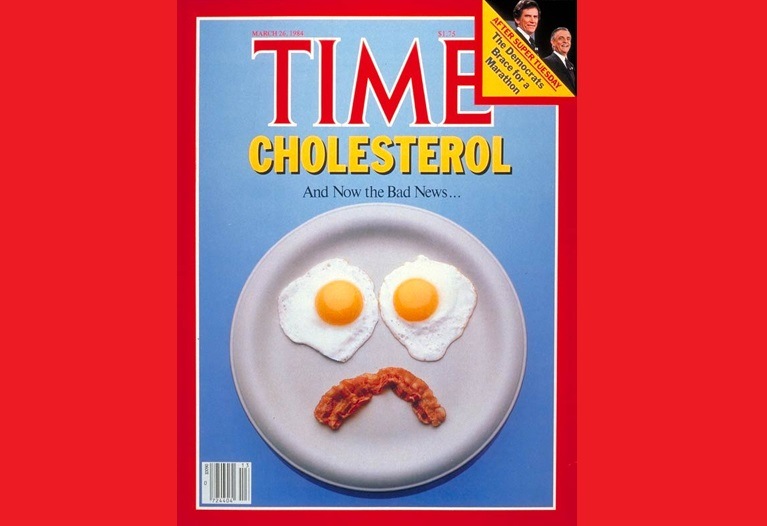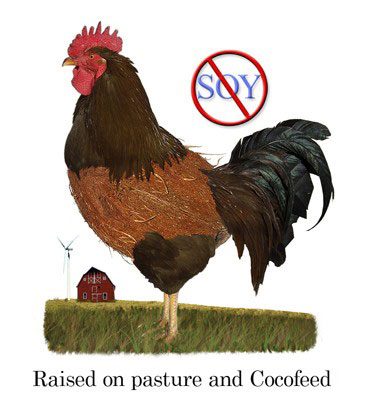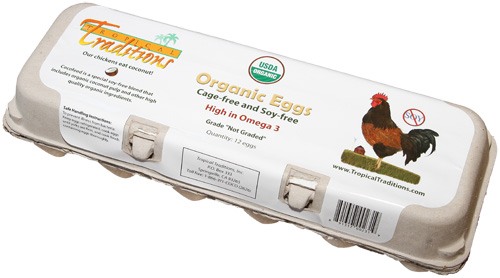The Truth About the Commercial Egg Industry and the Fake Avian Flu “Virus” – Become a Backyard Chicken Producer for Your Own Fresh Eggs!
Here in the U.S., the nation's egg shortages and high prices have been part of the news stream for weeks now. The shortages of eggs and their high prices are being blamed on an "avian flu" outbreak, but this is, in fact, a business model for the commercial egg industry that has been in place for decades now, at least since 2006, when the first "avian flu" outbreak allegedly occurred under then President George Bush. Besides the obvious effects these "outbreaks" have on the nation's egg supplies, there has also been a concerted effort to deceive people into thinking this fake "avian flu virus", which is identified by the same fraudulent PCR test that got so much press during the COVID Scam, will somehow "mutate" and begin infecting humans, which of course would then require new "vaccines." I have sold eggs from small-scale farmers in the U.S. for over a decade, and in this article I will expose some things about the commercial egg industry that you may not read anywhere else. Ultimately, the solution to the egg problem is to just start producing eggs yourself! It really is not that difficult to maintain a small backyard flock of laying hens. If you know how to take care of a dog or cat, then you can easily take care of a few chickens who can provide you with fresh eggs.















